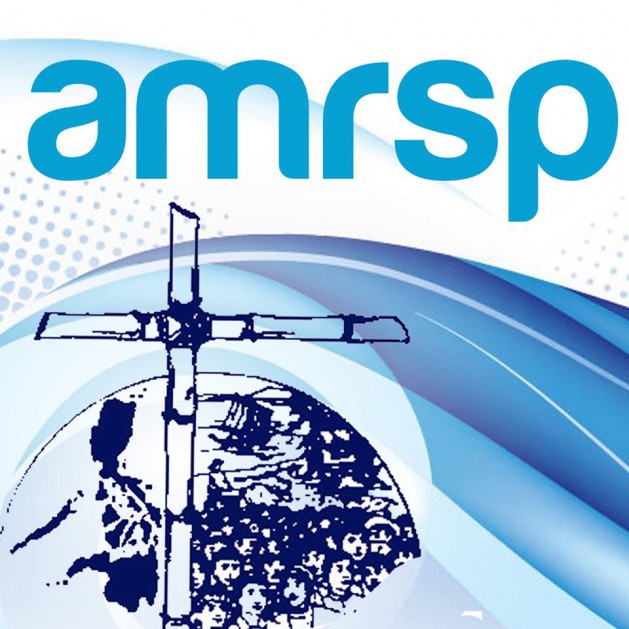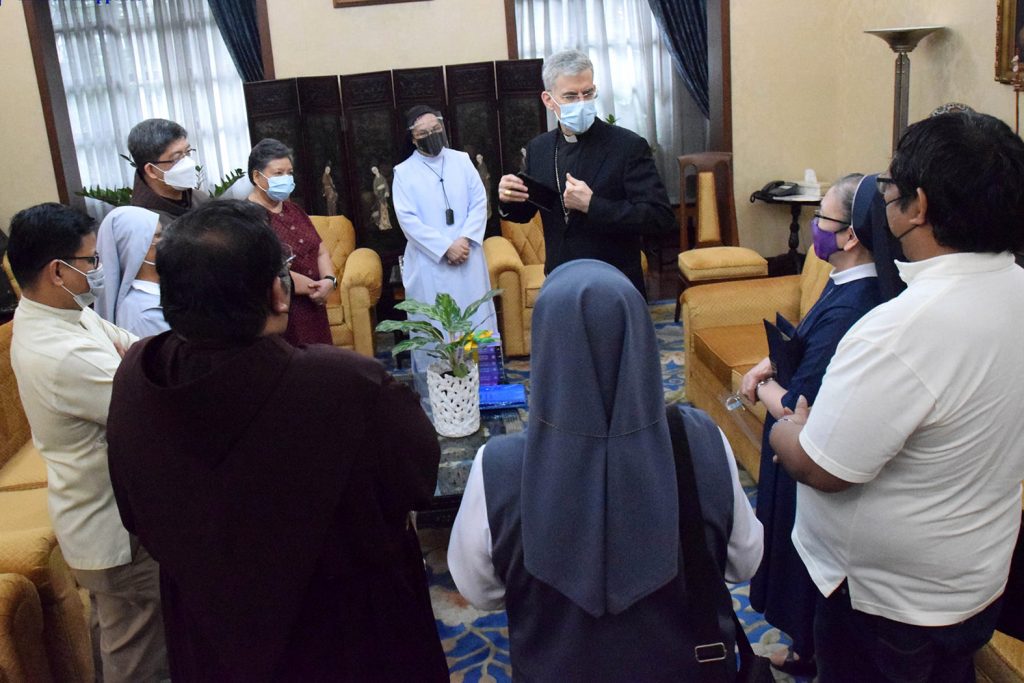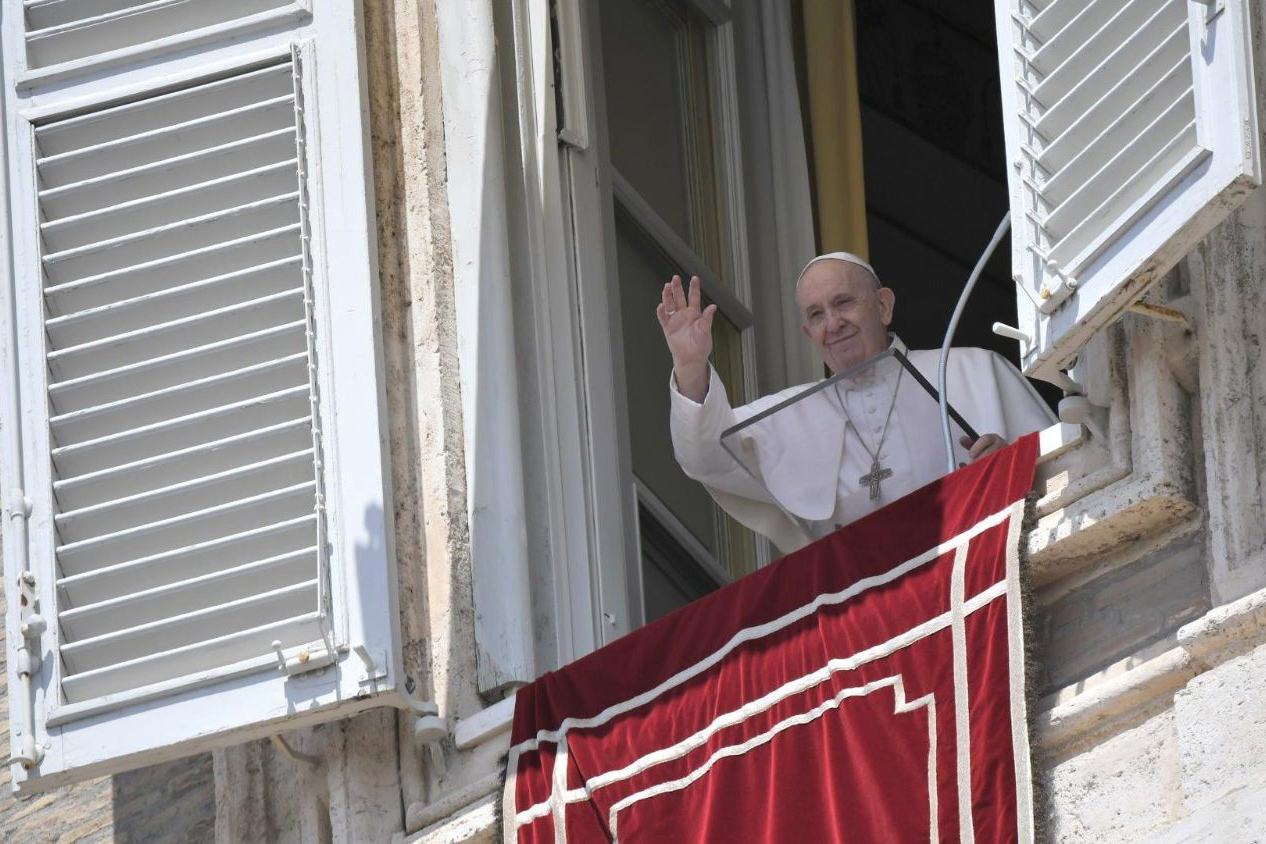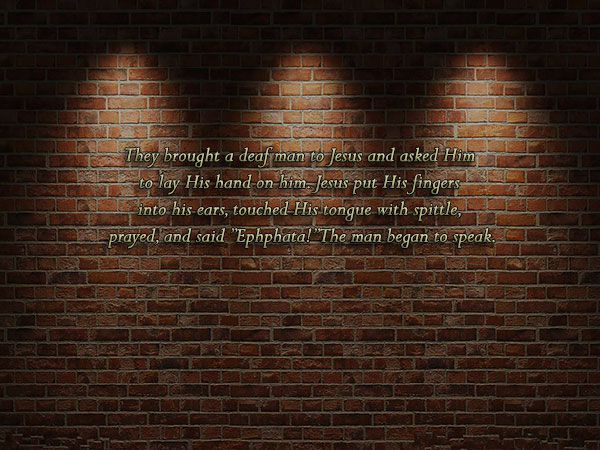 We, the members of the ASSOCIATION OF MAJOR RELIGIOUS SUPERIORS IN THE PHILIPPINES, acknowledge our active role in being a visible force and a prophetic voice, in participating in social life, in working for the common good. This was a role taken by the Lord Jesus himself when he quoted the prophet Isaiah as he began his ministry: “The Spirit of the Lord is upon me, because he has anointed me to bring glad tidings to the poor. He has sent me to proclaim liberty to captives and recovery of sight to the blind, to let the oppressed go free, and to proclaim a year acceptable to the Lord” (Luke 4:18–19).
We, the members of the ASSOCIATION OF MAJOR RELIGIOUS SUPERIORS IN THE PHILIPPINES, acknowledge our active role in being a visible force and a prophetic voice, in participating in social life, in working for the common good. This was a role taken by the Lord Jesus himself when he quoted the prophet Isaiah as he began his ministry: “The Spirit of the Lord is upon me, because he has anointed me to bring glad tidings to the poor. He has sent me to proclaim liberty to captives and recovery of sight to the blind, to let the oppressed go free, and to proclaim a year acceptable to the Lord” (Luke 4:18–19).
It is this role that we exercise when we look around at what has been happening in our country in these past two months: we have seen a consistent surge in the number of extrajudicial killings, now about a thousand, and counting. Most of these deaths are related to the problem of illegal drugs—alleged drug pushers or users being put to death in the name of vigilante “justice,” but all these bereft of warrant of arrest or proof of guilt.
In the midst of this alarming situation, as a group of religious and consecrated persons, we make our stand.
We express our full support for the government’s serious crusade against the problem of illegal drugs in our country. We admire the leadership that the President has taken in this campaign and the determination of the people under him in working to rid our society of such menace.
Nevertheless, we are alarmed at the continued extrajudicial killings, which seem to go unchecked, without trial or investigation.
We are alarmed at the silence of the government, groups, and majority of the people in the face of these killings. Ubi boni tacent malum prosperat. Evil prospers where good men are silent. Is this lack of public outcry a tacit approval of what is happening? Is it fear that prevents people from speaking out? Whatever the reason, this problem, if it remains unchecked, leads to a culture of impunity.
As religious and consecrated persons, we believe that the wheels of justice should take their course following the proper procedure and operate within the bounds of the law.
We demand that the concerned government agencies continue apprehending those involved in drug trafficking but avoiding extrajudicial killings, and pursue and apprehend vigilantes who carry out such illegal actions.
As men and women of consecrated life, we commit ourselves to the following:
1. For our communities, parishes, apostolates and educational institutions to study, reflect on and act on these unabated killings.
2. To care for the violated, the orphaned and the widowed through counseling, sharing and integration with Gospel values.
3. To stand with people of other faiths and other beliefs in the inviolability and sacredness of life. In the Year of Mercy, let our humanity and compassion reach those who are the least and the powerless.
4. To recognize that the drug problem is a complex and deeply-emotional issue that needs to be addressed holistically, with great understanding and compassion for both victim and perpetrator for we are all dehumanized by this culture of death.
5. To recognize and support the need for reforms in the criminal justice system and the need for rehabilitation for drug dependents. We need to weed out the corrupt in our security forces as well as in the prosecution service as well as the judiciary. The drug menace is an intricate web of corruption and patronage that feeds on the insatiable desire of people for profit.
6. To hold Masses and prayer vigils for peace and justice in the affected communities.
7. For the bells to toll at a designated hour in solidarity with the poor and in upholding the sacredness of life.
Pope Francis has repeatedly urged the leaders of the Church to go to the frontiers: “A Church which ‘goes forth’ is a Church whose doors are open.” Through this pastoral statement, we heed the Pope’s word and move to the peripheries.
Given in Quezon City, at the OFM Provincial House on August 17, 2016.
Fr. Cielito Almazan, OFM
Sr. Regina Kuizon, RGS
AMRSP Co-Chairpersons











